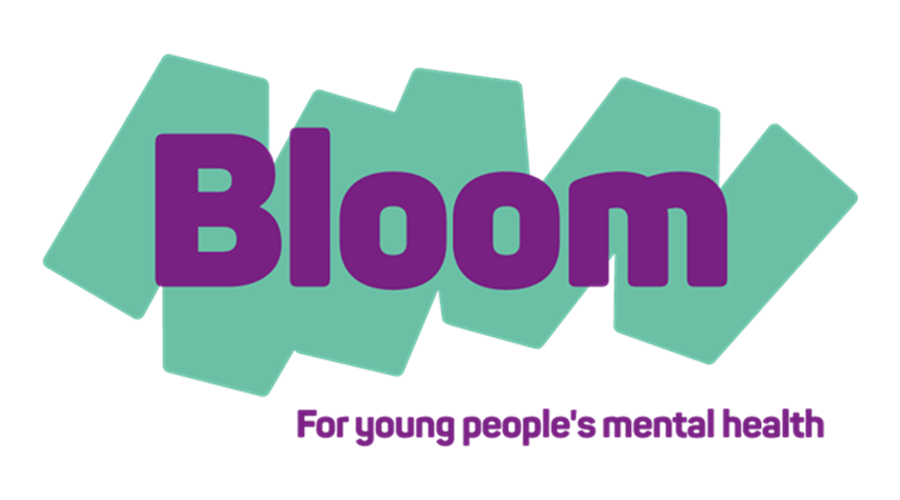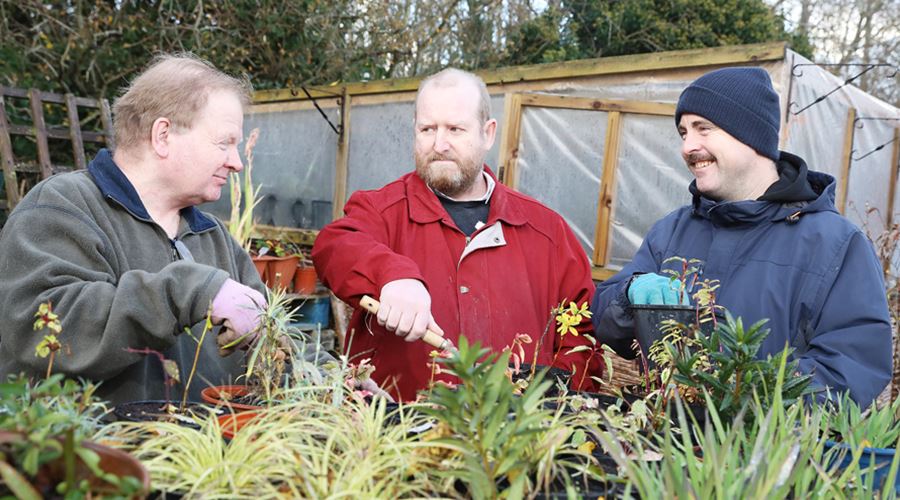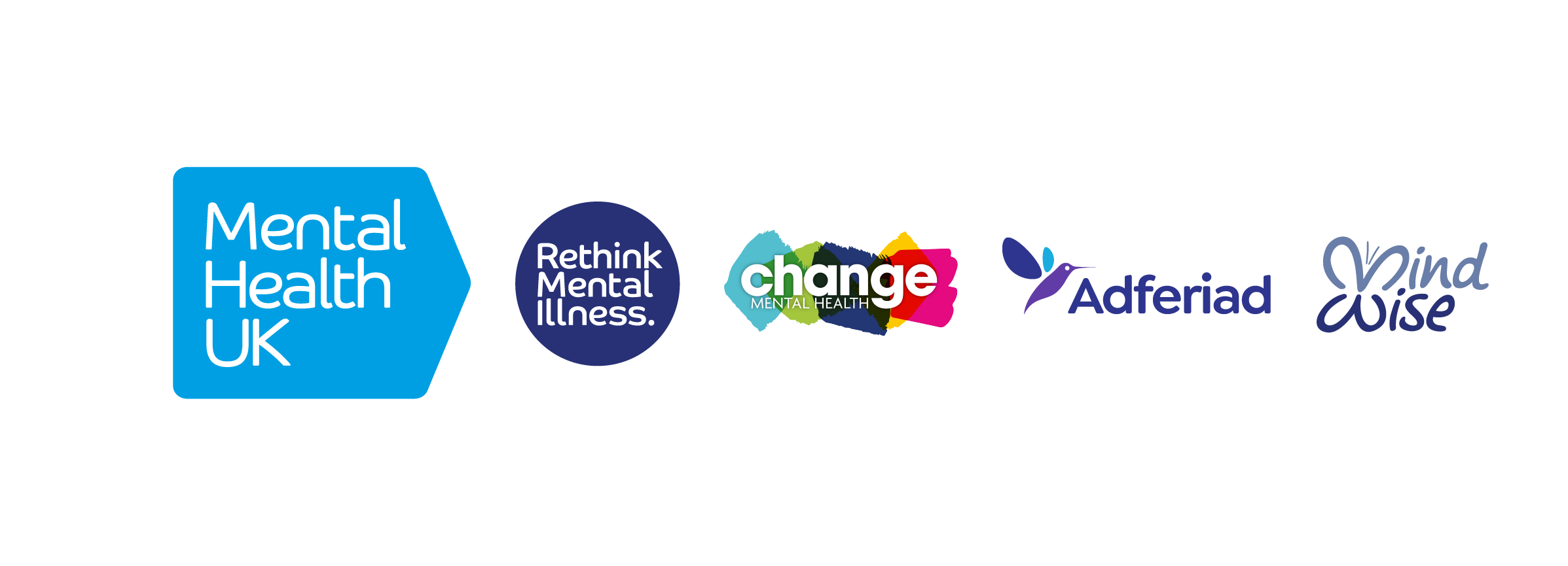- Home
- News & Blogs
- Current: APG on Mental Health Oral Evidence Sessions
Do you need urgent help?
If you need to speak to someone right now, here are some confidential options which provide 24/7 support. If you're worried you might hurt yourself or someone else, please call 999, or go to your nearest A and E.
Childline
Helps anyone under 19 in the UK with any issue they’re going through. Childline is free, confidential and available any time, day or night.
0800 1111Samaritans
24 hours a day, 365 days a year. You don't have to be suicidal to call us
Mental Health Education & Early Intervention: All-Party Group on Mental Health Oral Evidence Sessions
Tue, 07 - March - 2023
An inquiry into mental health services in settings that work with young people here has been launched by an All Party Group (APG) on Mental Health, supported by the Secretariat of the group, MindWise. Recent statistics show rates of mental illness in the youth population are approximately 25% higher in Northern Ireland compared to England, yet mental health provision and training for those in youth settings, including schools, is minimal or non-existent. You can read more about the inquiry here.
Submissions to the inquiry have been received from mental health professionals, educationalists, advocacy group representatives, academics, departmental officials and young people. The All-Party Group meetings will hear oral evidence. We'll endeavour to publish the minutes of these meetings for you to read. Anyone is welcome to attend the meetings - please email apgmentalhealth@mindwisenv.org.
The meeting was held on 13th February at 2pm, with a wide range of attendees from a range of organisations.
Members Present
- Pádraig Delargy MLA
- Cathy Mason MLA
- Eóin Tennyson MLA
- Nuala McAllister MLA
- Mark H Durkan MLA
- Deborah Erskine MLA
- Liz Kimmins MLA
- Diane Dodds MLA
Pádraig Delargy MLA welcomed members and observers to the meeting.
A request was submitted to the APG on Suicide Prevention as per Órlaithí Flynn’s proposal in the previous meeting. Members will be updated in due course regarding any updates.
The chair introduced the APG’s inquiry into mental health intervention in schools and educational settings. He reported that the secretariat has received over 30 responses to the call for written evidence, as well as 16 requests to give oral evidence.
Mr Delargy introduced Dr Nicole Bond, research officer for the Mental Health Champion.
Presentation from Dr Nicole Bond- Understanding the need for and provision of mental health education and early intervention in schools
- Dr Bond’s presentation was drawn from her 2017-9 research into young people’s mental health in NI. A large portion of young people in NI in schools will have significant mental health concerns. She added that there is a wide spectrum of mental health issues, and emphasised the importance of early intervention. Dr Bond’s research looked specifically at post-primary schools (11-18 year-olds). She outlined the 5 main issues schools are dealing with are anxiety, stress, self-esteem, self-harm and depression.
- There are resources that schools have access to, however what it really comes down to is the staff that have to deliver those resources. If they’re not equipped to do so, they will leave things out. It’s not mandatory. What we need to be aware of, is that for young people, the school is their advocate: they’re the ones who are making referrals to the likes of CAHMS. It’s important that there are clear pathways for help when the level of need is above what schools can provide.
- Barriers schools face: within schools themselves, resourcing. Constant struggle within schools, much depends on the leadership. Within schools, referral pathways can also be restricted.
- Dr Bond raised the connection between poor mental health supports in schools and crime, economic inactivity.
- We’re not expecting our teachers to be mental health practitioners, however we are expecting them to know that the young people in their care can’t advocate or seek care for themselves, they need someone to speak on their behalf.
Questions from Members
Whenever Dr Bond interviewed the teaching professionals, what did their vocational training look like, for example in PGCE course?)
Answer (Dr Bond): In the PGCE, there are modules you can do around mental wellbeing, but they are not compulsory. Occasional tension between old guard and new guard teacher between the focus on exam attainment and overall wellbeing.
Cathy Mason MLA: I have had engagement with some local schools, who are feeling the pressure of funding cuts. One school in particular: the principal had organised training with a local suicide prevention charity. Same problems remain of course in terms of how long it takes to access these services. As Dr Bond said, implementation should be top-down from principals, however the Department of Education also has a role to play.
Answer (Dr Bond): Department of Education obviously has a role to play, but it is a massive Department. It is changing how we see/approach education as society. Is school a building where people go to learn their ABCs and 123s, or is it a place where people go to learn how to become the best people? This is a new conversation, but it is vital. We’ve known for years the impact of bullying for example, but what we need to look at is the environment as a whole. That doesn’t always mean funding: what it does mean is confidence, a shared understanding. We talk about resilience a lot in schools: one of the things that came out of the Framework Team is that we cannot just teach or tell our young people to be resilient, when the system around them is not. That is a responsibility for us, as we create the environment that they are in.
Mark H Durkan MLA: Ultimately, we will get to the stage where training is a mandatory part of teacher training. The question is how we bridge the gap in the meantime. Members and Dr Bond raised the issue of confidence. Old guard educationalists have still mentored thousands of children. In Dr Bond’s experience among working with teachers, has she seen any opposition from teachers’ unions?
Answer (Dr Bond): We did not speak to the teachers’ unions. During much of our research, they were engaged in strike action. Staff spoke of burnout, when they were genuinely afraid for the children. One Vice Principle said that they were currently dealing with so many children dealing with suicidal and self-harm thoughts that they were only finding out after a crisis or an attempt. They said: if we had only known. If the homework club was running, or the Gaelic club, we might have known. I have not met a teacher who did not care, but they are also trying to manage the expectations of their staff, what they’re paid to do and paid not to do, and the extra responsibilities that they’re expected to take on. We need to empower them to feel comfortable in those environments. But yes, the union action has had an impact. However, they are also up against it too. Bureaucracy is also an issue: some forms take hours to fill out. Schools are having to make very difficult decisions on what they spend they’re time on, especially since what they’re measured on is exam results.
Deborah Erskine MLA: There is also a need for a cross-departmental conversation when it comes to this. If children are getting referred to CAHMS, they are waiting on support. How do we fill those gaps, and how are we ensuring that there is a cross-departmental dimension? So that we can get it right from the start, and identify the right support.
Answer (Dr Bond): There is crossover with the Public Health Agency and the Department of Education. What we found talking to schools: it’s not just that route and CAHMS. It’s not just about extra counselling and care. Some schools were well-resourced through the voluntary and community sector; groups would come into school to talk about certain issues. One problem is that we have to be sure these services are appropriate, and not just selected because they are available. Levels of complexity between GPs and CAHMS is not needed and there is no direct referral pathway. It would be beneficial if schools could as if a CAHMS referral is always necessary or appropriate.
Oral evidence schedule
Members received an oral evidence schedule. It was proposed that the majority of future sessions be conducted virtually. The chair emphasised that the schedule is a living document and subject to change. The Chair invited comments and suggestions on the proposed evidence schedule which can be sent to the Secretariat
The All-Party Group on Mental Health
MindWise are the Secretariat of the All-Party Group on Mental Health. You can learn more about the group here.






